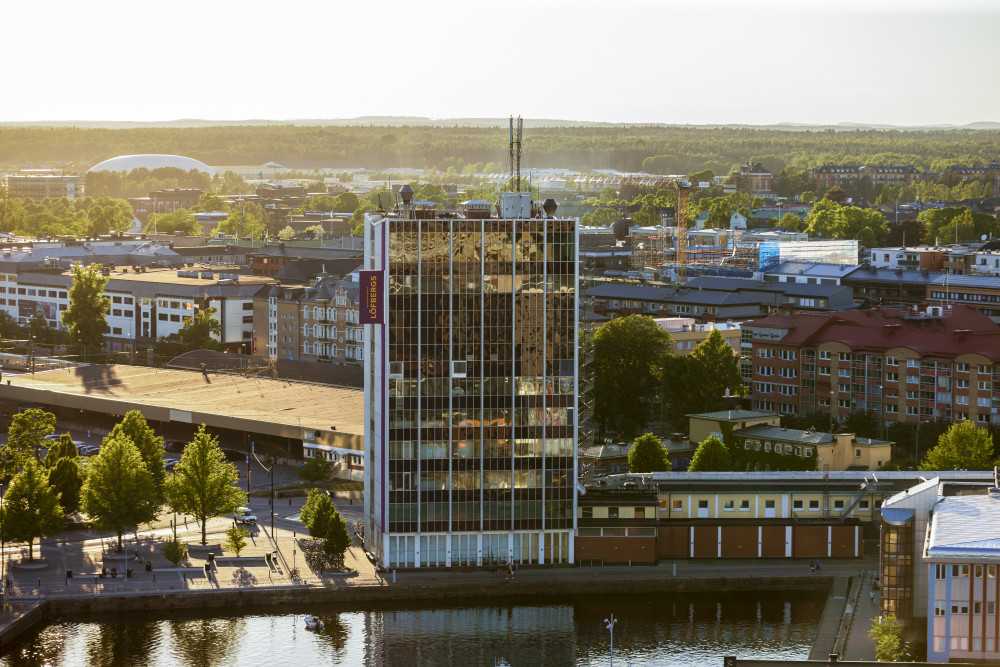KARLSTAD, Sweden – Löfbergs adopted its first environmental policy back in 1992. Since then, the company has worked with concrete targets and measures in the sustainability field, in the producing countries as well as at home. The company is now presenting its sustainability report for the most recent financial year.
– Our focus on getting things done has always been our strength. Today, our action list comprehends closer to 300 activities that have been favourable for people and the environment, says Eva Eriksson, Quality & Sustainability Director at Löfbergs.
It is stated in Löfbergs’s new sustainability report that the company has educated a record number of small-scale coffee farmers, increased the share of certified coffee, halved its own climate impact and that more of the purchased packaging material is plant-based.
– We who work with coffee have a unique opportunity to contribute to a positive future. We work with a product that means a lot to many people, both farmers and consumers. Every little step we take for a more sustainable production and consumption makes a difference, says Eva Eriksson.
Focus on the next generation
As the climate impact of coffee and the social challenges are greatest in the producing countries, that is where Löfbergs focuses its efforts. It depends greatly on giving small-scale coffee farmers the knowledge and the tools to meet climate change and improve their living conditions.
– More than 80,000 farmers have participated in our development projects. We are focusing on the next generation as fewer young people see a future in coffee, which is a threat to the access to good coffee in the future, says Eva Eriksson.
At the same time, Löfbergs strives to increase the supply and demand for certified coffee. Löfbergs is one of the world’s largest buyers of organic and Fairtrade coffee; the goal is to reach 100 per cent certified in all brands.
– All coffee that we sell under the Löfbergs brand is certified today. It is now important to press on for a positive development in all our markets, says Eva Eriksson.
Löfbergs purchases all coffee directly from the producing countries. During its travels, the company can see that the certifications make a difference. This year’s purchases contributed to reducing the use of chemical pesticides with 200,000 kilos and that farmers and cooperatives got SEK 52.5 million in extra bonuses. The purchases of Rainforest Alliance certified coffee increased with more than 80 per cent, which means that more coffee farmers can improve the farms’ resistance to climate change.
Halved climate impact
Löfbergs reached a true milestone at home. The company has now reduced its climate impact with 50 per cent per tonne of coffee produced compared to the base year of 2005. Less air travels and a continuous increase of the share of bioLPG were two contributory factors.
– Today, our roasting house in Karlstad is one of Europe’s most efficient with carbon emissions of less than 0.1 tonnes per tonne coffee produced, says Eva Eriksson.
More climate-smart packaging
A lot happened in the packaging field as well. Together with a supplier, Löfbergs has found a solution that makes it possible to phase out the fossil plastic and replace it with a plant-based alternative.
– Today, 67 percent of our purchased packaging material is plant-based. We are now working really hard to achieve the goal of our packaging consisting of only renewable or recycled material, says Eva Eriksson.
Löfbergs ’s sustainability report 2018/2019 in short
- Reduced its own climate impact with 50 per cent (since the base year of 2005).
- Reached more than 80,000 small-scale coffee farmers in its own development projects.
- All coffee under the Löfbergs brand is now certified.
- Purchased closer to 10,000 tonnes of organic coffee, which contributed to organic farming on an area equivalent to 17,600 football pitches.
- The purchases of Fairtrade coffee generated SEK 52.5 million in extra bonuses for farmers and cooperatives.
- Purchases of Rainforest Alliance coffee increased with approximately 80 per cent.
- Launched a new climate-smart packaging, where fossil plastic is replaced with a plant-based alternative.


















